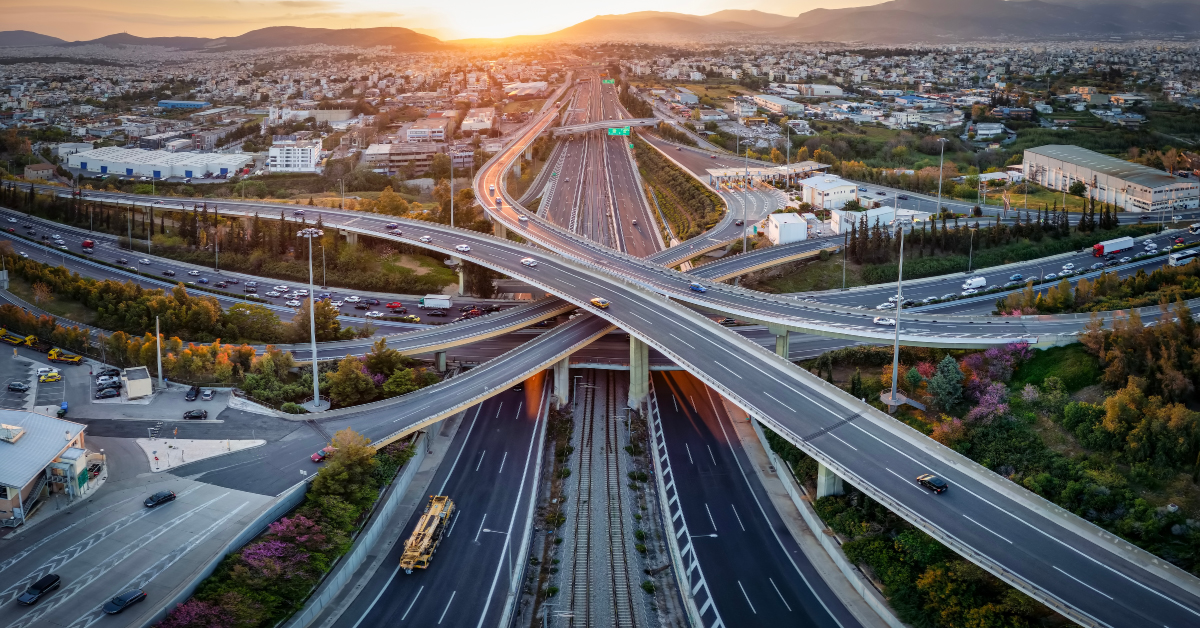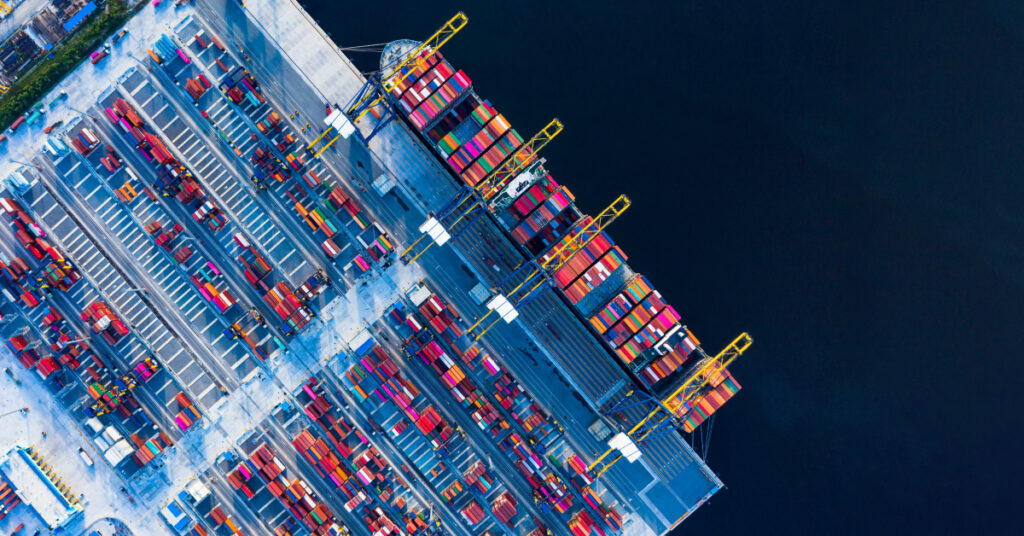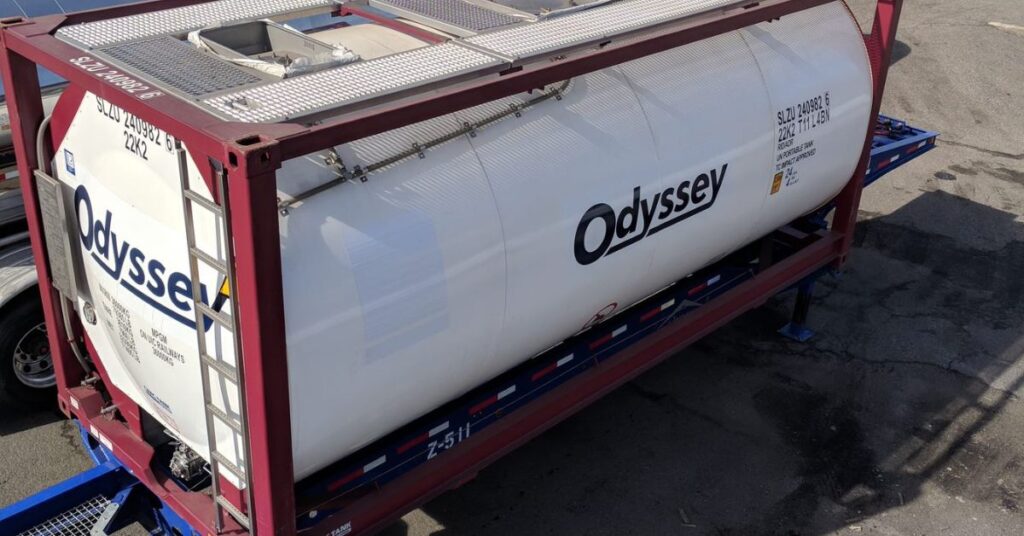When Odyssey Logistics began providing outsourced logistics management services to the chemical industry and other process manufacturers in February 2003, the world looked a lot different than it does today. It’s the year that the US Department of Homeland Security officially began operations, smartphone technology was emerging, Tesla was founded and iTunes music store was just launched by Apple.
The logistics industry has also changed significantly over the last two decades. Back in 2003, there were no autonomous vehicles, iPads or flying delivery drones. The Great Recession hadn’t happened yet, e-commerce was still in its infancy and the global pandemic and its subsequent disruptions were still on the far-off horizon.
Odyssey Logistics is proud to have shepherded companies of all sizes—and across most industries—through these and other evolutions.
Technology as a Driving Force
In The History of Global Supply Chains, Grace Whitfield walks us through the massive changes that have taken place in supply chains throughout the course of history. Specific to the 21st Century, she says developments from previous centuries have helped make Industry 4.0—or the Fourth Industrial Revolution—a major part of any company’s digital transformation.
“This revolutionizes the automation, monitoring and analysis of supply chains through smart technology,” Whitfield writes, pointing to big data, horizontal and vertical integration, AR, IoT, additive manufacturing 3D printing, autonomous robots, digital twins and cybersecurity as the core smart technology pillars that organizations are now focused on.
“The technologies allow ‘smart’ products to be created and processes to be integrated, which in turn allows for higher productivity,” Whitfield writes. “These developments changed the way companies operate, because as cloud manufacturing opens up new working practices, automation becomes more common.”
Data Becomes the New Oil
If there’s one area that’s changed supply chain and logistics management dramatically over the last 20 years, it’s the accessibility of information. As companies adopted more technology, those systems began generating more data to review and act on.
“ERP implementations soared in the early 2000s, allowing companies to capture and accumulate data. But not until the last decade has this data, coupled with cheaper and faster computing, become truly accessible,” Chainalytics reports.
“With faster computing, increased storage capacity and data proliferation, the shift from distant rear-view business intelligence to near real-time, actionable descriptive and diagnostic analytics finally occurred,” it continues. “This decade also saw enormous growth in analytics as capabilities moved from IT into the hands of supply chain functional users.”
E-Commerce Takes Hold
E-commerce has also had a major impact on how companies run their supply chains. The momentum was already well underway prior to 2020, but the global pandemic really pushed it over the edge. By mid-2020, companies across the board were transacting online and delivering smaller and smaller individual orders to their customers’ homes and workplaces.
“Manufacturers now sell direct-to-consumer, suppliers drop-ship retail orders and monthly subscription services generate two-way logistics flows,” Chainalytics states. “Traditional bulk manufacturers who now sell online have adapted their supply chains to serve customers directly — fulfilling individual orders, developing relationships with last-mile carriers and managing reverse logistics.”
Going Green Becomes the Gold Standard
Another shift seen in the last several years, and one the industry can expect a lot more pressure from in the years to come, is the growing concern of sustainability. “The world itself has grown more concerned with the impact of the human population and the environment,” Grace Tino writes in Supply Chain & Logistics: 20 Years of Change. “Supply chain itself directly connects to these concerns; from consumers to governing bodies, there is an increased call for sustainable supply chain strategies that take environmental impact and ethics into mind.”
In the early-2000s, roughly one-third of companies had concrete goals to reduce their carbon footprints. Now, that number is closer to 90% and is expected to increase in the coming years.
“Those goals may have initially been for PR reasons—81% of global customers ‘feel strongly’ that companies should do their part in improving the environment,” Katalyst points out, “but as companies adopted these strategies, they also found that going green saves a lot of green.”
In 2021, Odyssey introduced its Cloverleaf™ Sustainability Program to help shippers and carriers build stronger, more sustainable supply chains. Odyssey has invested heavily in the technologies behind the Cloverleaf program and actively participates in the US’s SmartWay Program, Europe’s GreenFreight and other government-sponsored initiatives. Odyssey will continue to increase its investments in the technologies, processes and information that will lead to smart new paths for sustainability and economic growth.








